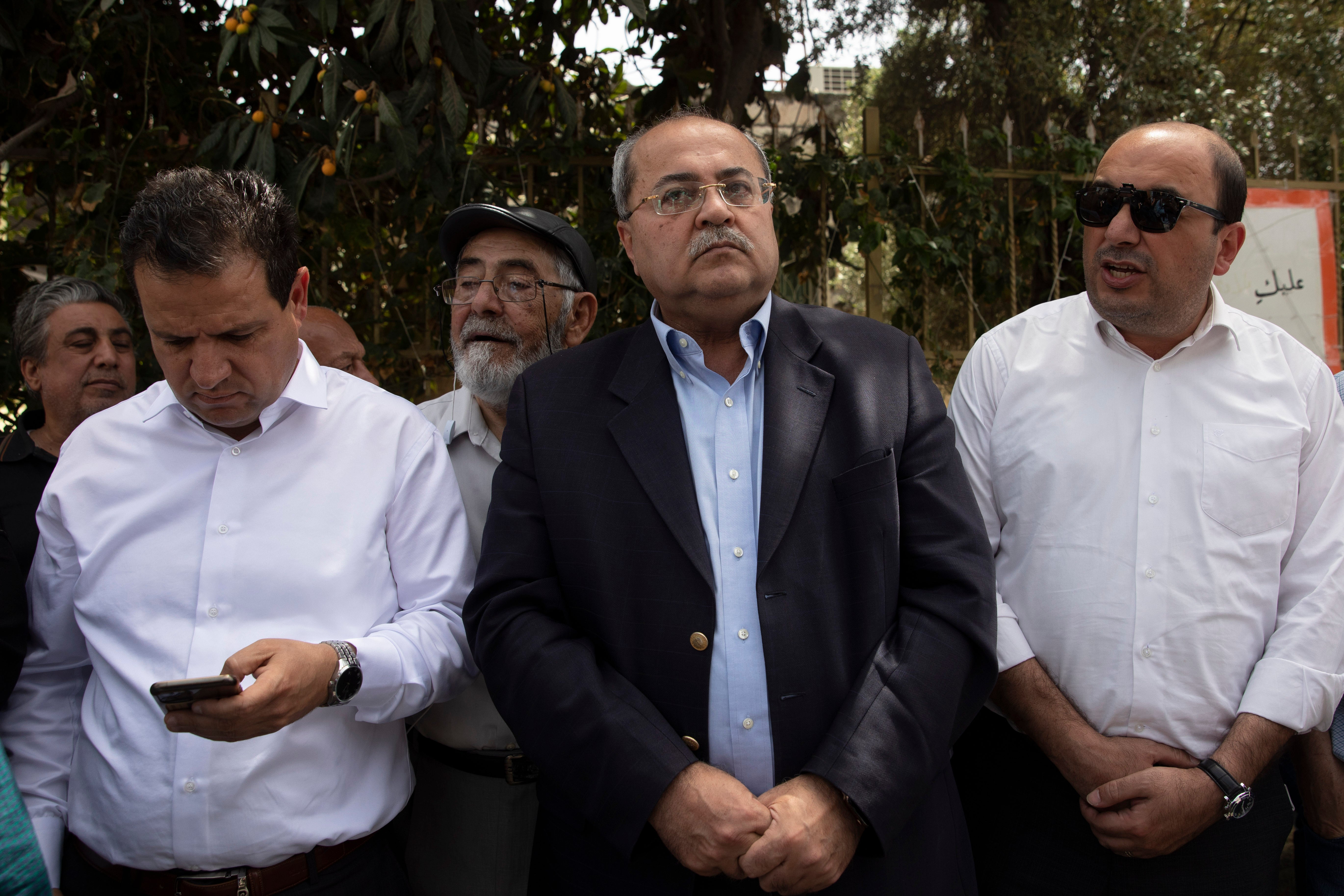Bloc of Arab parties splits ahead of Israeli elections
A bloc of Arab parties has split ahead of Israel’s fifth elections in less than four years, a move that could dilute the minority’s political influence and aid former Prime Minister Benjamin Netanyahu’s return to power

Your support helps us to tell the story
From reproductive rights to climate change to Big Tech, The Independent is on the ground when the story is developing. Whether it's investigating the financials of Elon Musk's pro-Trump PAC or producing our latest documentary, 'The A Word', which shines a light on the American women fighting for reproductive rights, we know how important it is to parse out the facts from the messaging.
At such a critical moment in US history, we need reporters on the ground. Your donation allows us to keep sending journalists to speak to both sides of the story.
The Independent is trusted by Americans across the entire political spectrum. And unlike many other quality news outlets, we choose not to lock Americans out of our reporting and analysis with paywalls. We believe quality journalism should be available to everyone, paid for by those who can afford it.
Your support makes all the difference.A bloc of Arab parties has split ahead of Israel's fifth elections in less than four years, a move that could dilute the minority's political influence and aid former Prime Minister Benjamin Netanyahu's return to power.
Israeli media reported late Thursday that the nationalist Balad party will run separately from the other two parties in the Joint List. If it does not meet the minimum threshold, Balad would not enter the next parliament and its votes would essentially be wasted.
The disunity could also dampen overall turnout among Israel's Arab minority, which accounts for 20% of Israel's population.
Arab parties have helped block Netanyahu from returning to power in recent elections. A fourth Arab party, the Islamist Ra'am, also broke from the Joint List and made history last year by joining the governing coalition, a first for any Arab faction.
Israel's Arab citizens have close familial ties to Palestinians in the occupied West Bank and Gaza, and largely identify with their cause, leading them to be viewed with suspicion by many Jewish Israelis. Arab citizens have made major gains in recent decades, in medicine and other fields, but still face widespread discrimination.
The Nov. 1 elections, like the last four, are expected to be a hard-fought race between former Prime Minister Benjamin Netanyahu, who is on trial for corruption, and a constellation of parties from across the political spectrum that believe he is unfit to rule.
Israeli elections are contests among multiple political parties, none of which has ever won an outright majority. Would-be prime ministers must assemble coalitions with at least 61 seats in the 120-member Knesset.
The fracturing of the Joint List would appear to benefit Netanyahu by diluting the influence of his most strident opponents.
However, without the hard-line Balad, the other two parties might be more open to joining a coalition led by the current caretaker prime minister, Yair Lapid, a center-left politician and Netanyahu's main opponent. It's unclear, however, whether Lapid's potential right-wing allies would accept such an alliance.
Recent polling predicts a close-fought race between Netanyahu and Lapid, with each political camp struggling to assemble a majority. If both fail, the country would go to elections yet again.